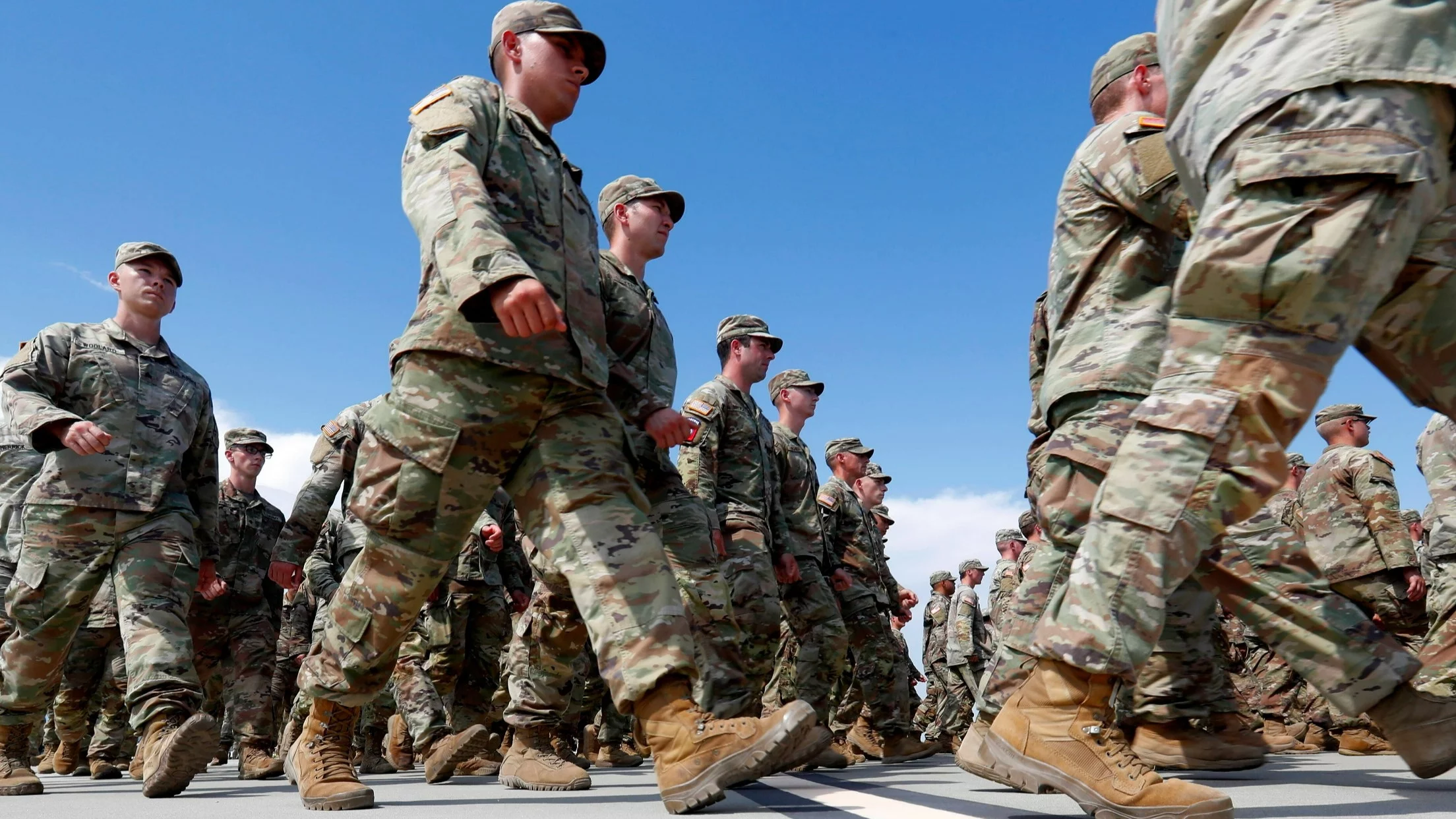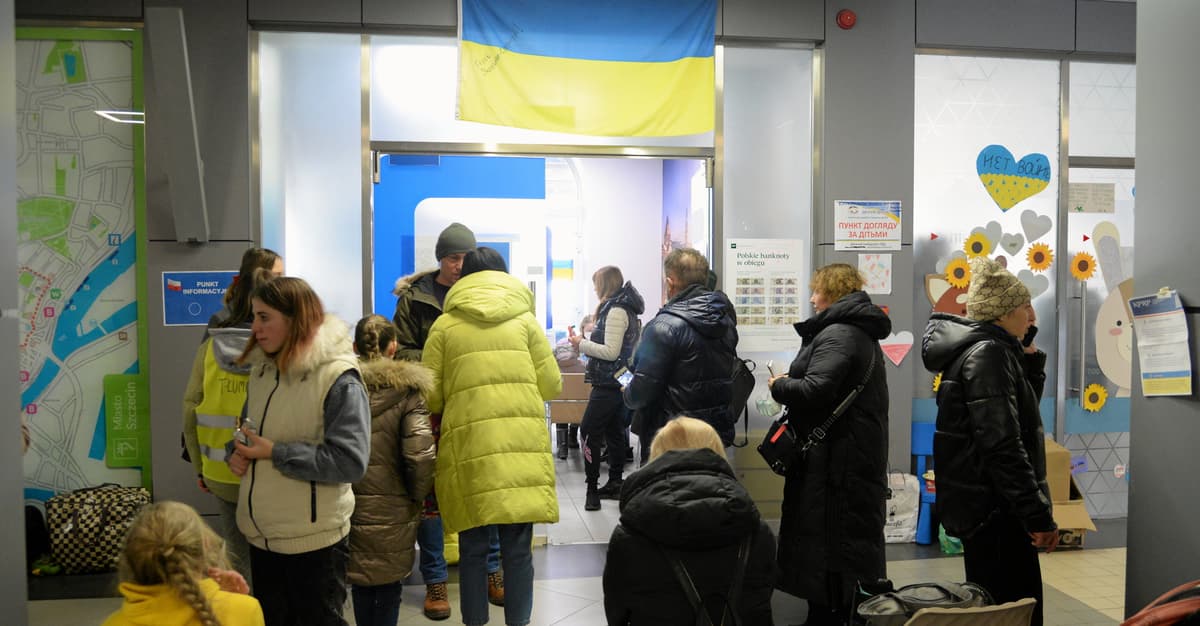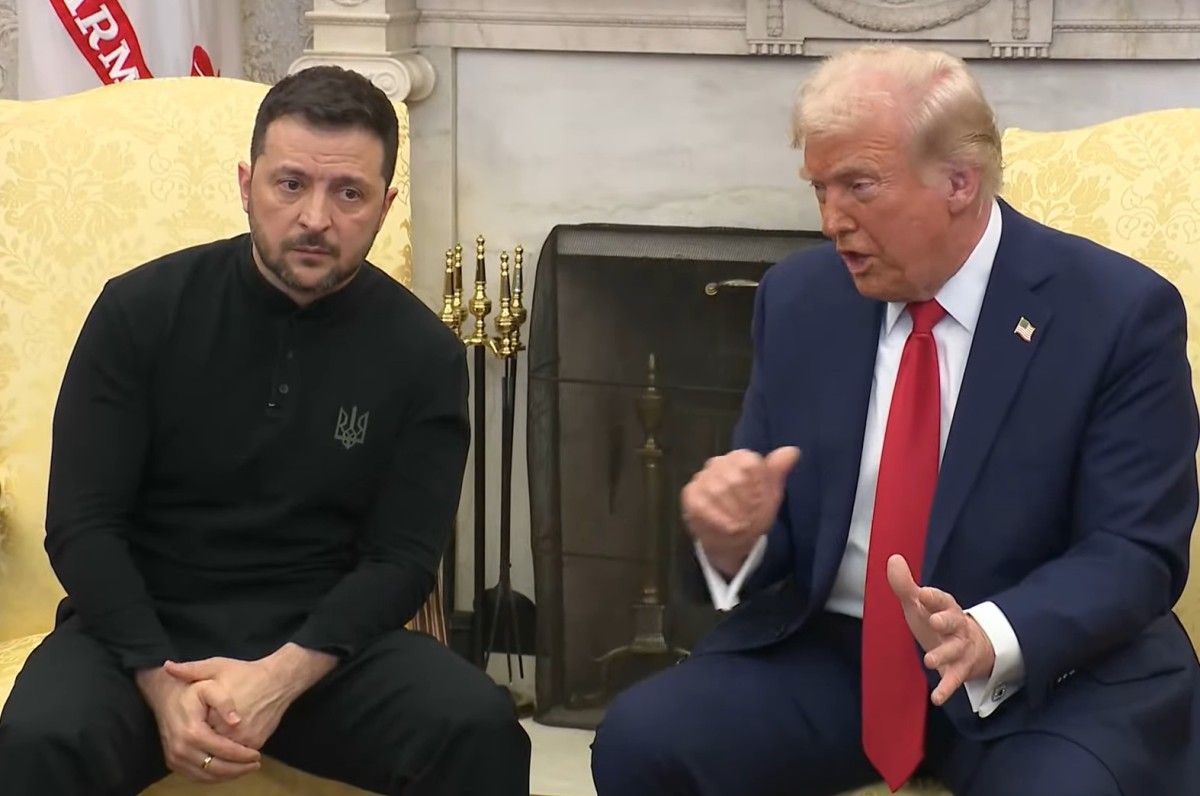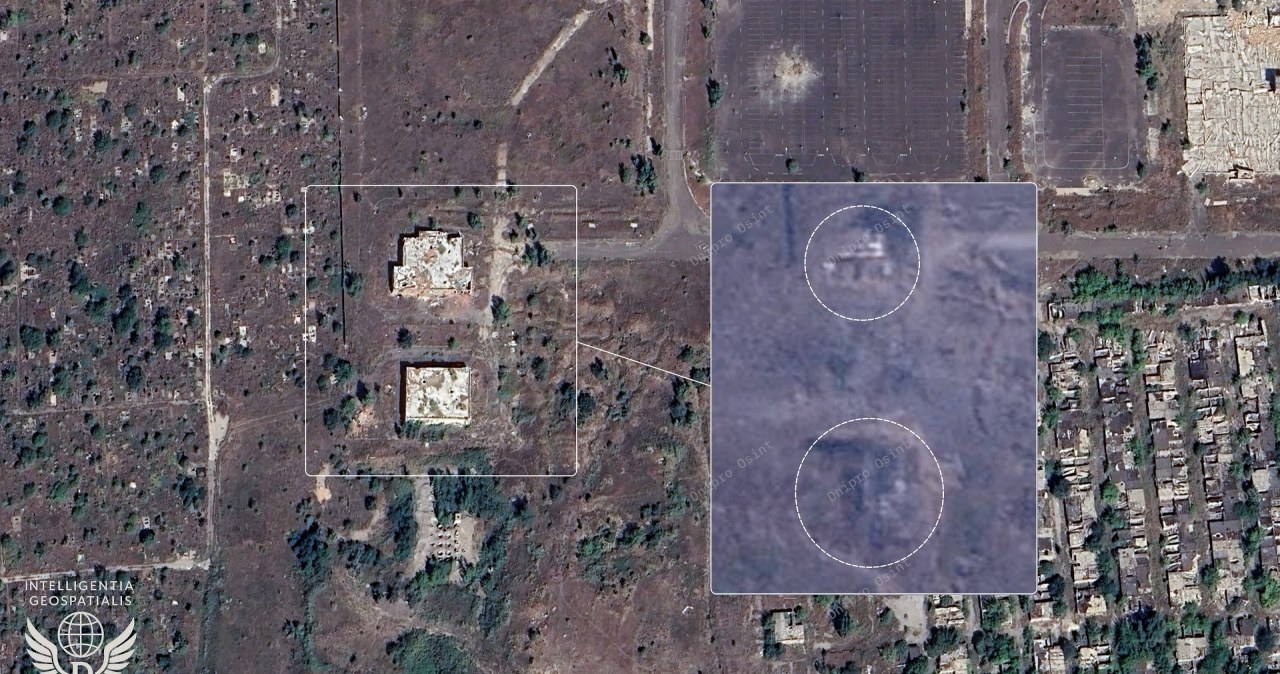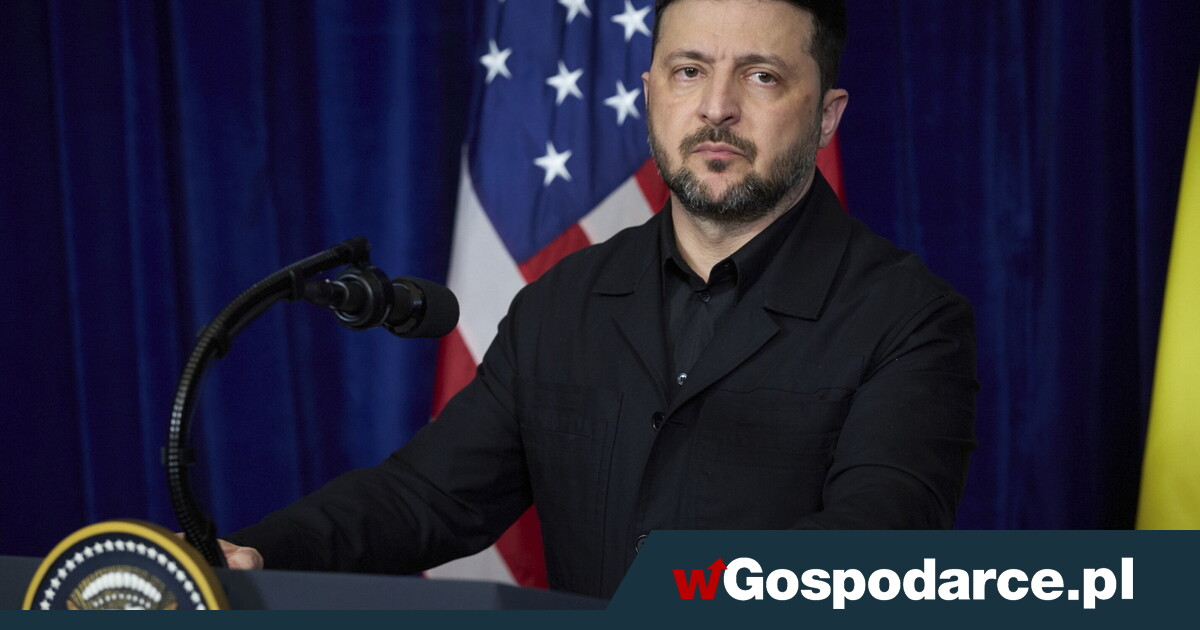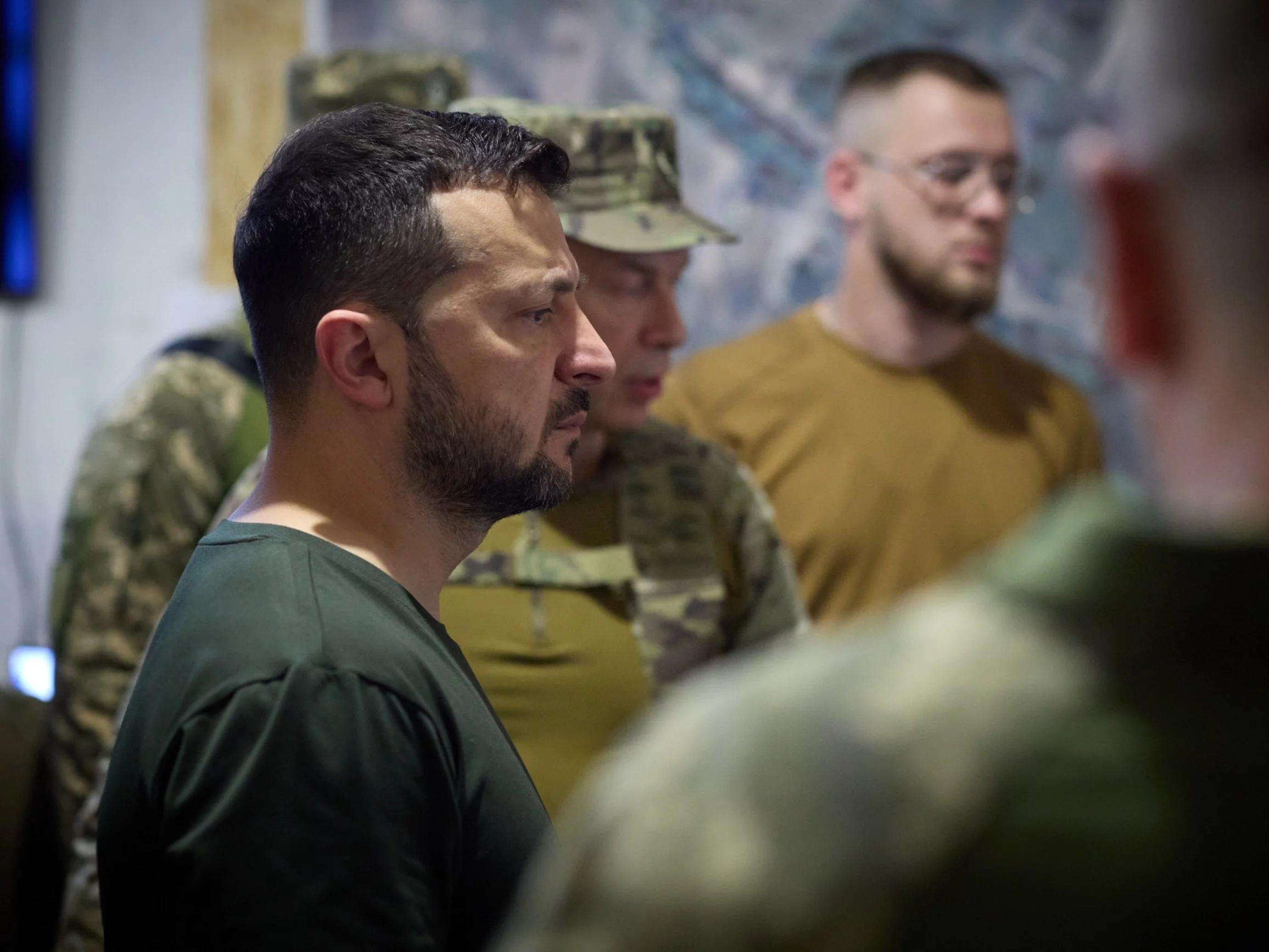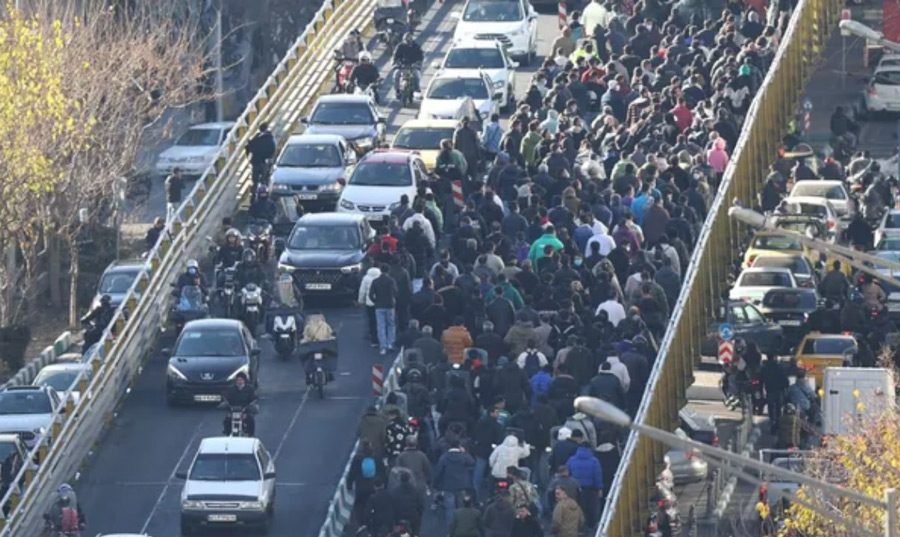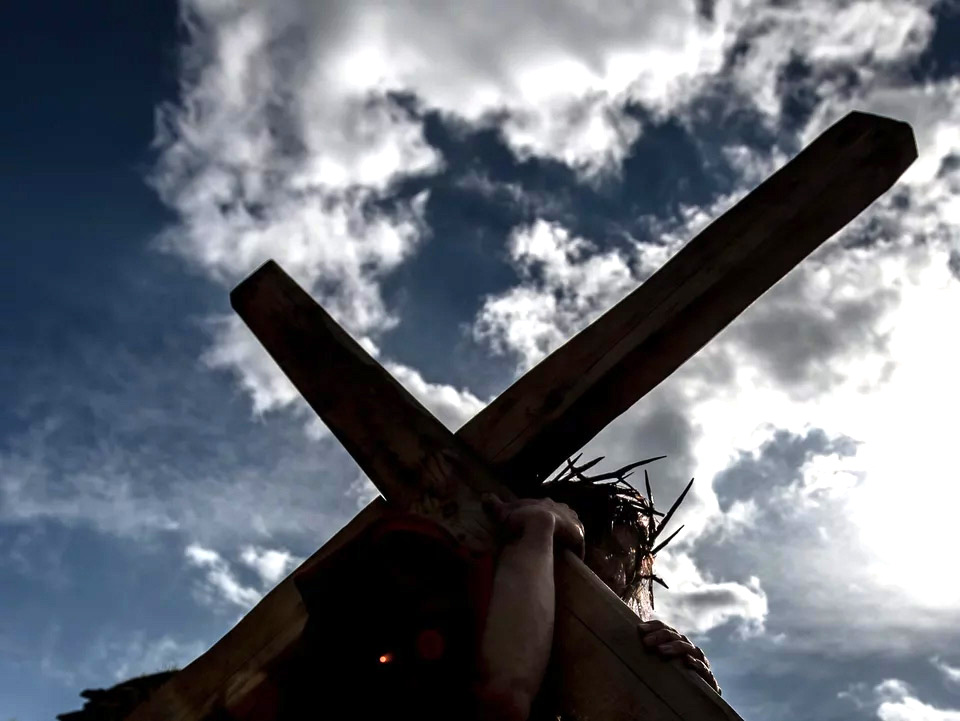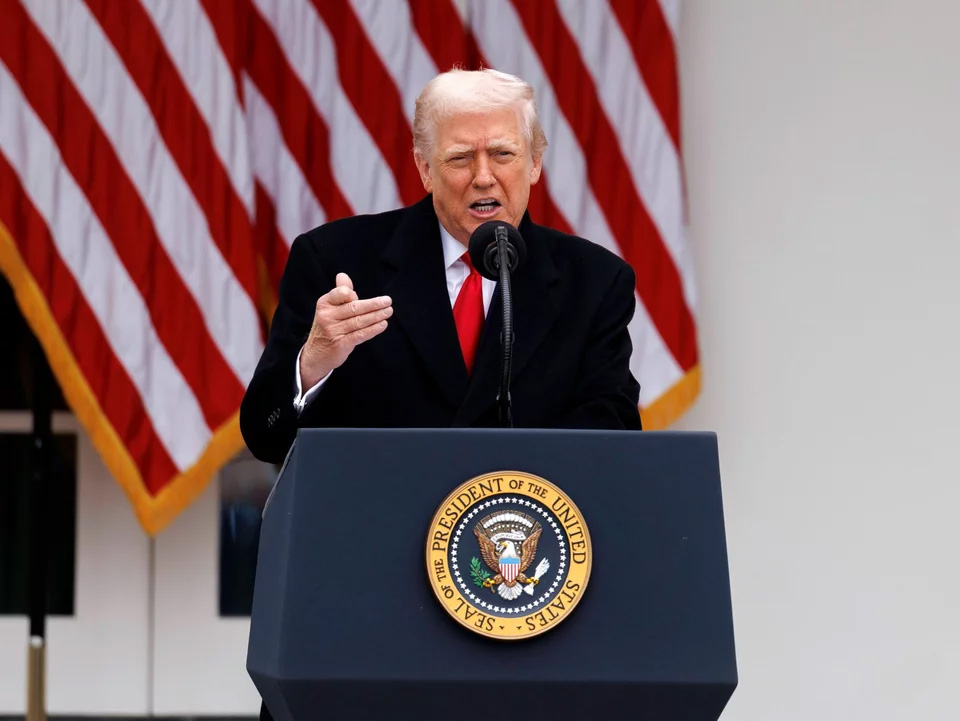Нажмите здесь, чтобы подписаться и получить доступ к этому вопросу плюс все предыдущие вопросы
Чтобы купить одну копию проблемы, нажмите здесь
Двадцать лет назад Европейский Союз пережил крупнейшее расширение, так называемый Большой взрыв, с добавлением 10 новых государств-членов. В это расширение вошли многие страны нашего региона – Польша, Венгрия, Чехия, Словакия, Словения и три прибалтийских государства – Эстония, Латвия и Литва. Это знаменательное событие стало кульминацией напряженной работы ЕС и постсоциалистических стран, которые метко назвали его окончательным «возвращением в Европу». С новой объединенной Европой (и большим количеством членов на пути), кажется, что еврооптимизм достиг своего пика.
И с 2004 года новые государства-члены, безусловно, добились некоторых замечательных успехов. ВВП на душу населения по паритету покупательной способности новых государств вырос с 59% от среднего показателя по ЕС в 2004 году до 81% в 2022 году. Разрыв в доходах между старыми и новыми штатами также сократился за последние 20 лет. Уровень жизни в некоторых странах, таких как Чехия или Словения, даже превысил уровень жизни пожилых членов ЕС.

Тем не менее, в то же время эти последние два десятилетия не были без проблем. Вопросы, связанные с отступлением демократии, верховенством закона и коррупцией, запятнали наследие расширения. Голоса во многих западноевропейских столицах начали сомневаться в том, что само расширение слишком рано. После серии кризисов в ЕС, начавшихся с финансового кризиса 2008 года, рост евроскептицизма стал противодействовать достижениям предыдущего поколения еврооптимистов и нанести серьезный ущерб любому будущему расширению.
Таким образом, сегодня возникает вопрос: насколько едина Европа после этих последних 20 лет? Конечно, раскол между Востоком и Западом остается спорным вопросом. Однако появились и другие вопросы, такие как рост крайне правого популизма и дебаты о поддержке Украины. Эти явления можно встретить по всей Европе, и особенно стоит рассмотреть после выборов в Европейский парламент в июне этого года. Поскольку геополитика вновь становится ключевым фактором в принятии решений в Европе, мы можем только надеяться, что единство возобладает над разделением. В противном случае наследие Большого Взрыва ЕС будет потеряно для учебников истории.
Таблица содержимого
Европа по-прежнему едина?
Дайте шанс европейской демократии. Расширенной Европе исполняется двадцать Ференц Лачо
Подростковый возраст закончился. Время обновления Центрально-Европейской модели роста Конрад Поплавски
Навигация по новым угрозам безопасности требует изменения фокусаАнна Дохналова
Балтийские страны выросли. Не называйте их новыми государствами-членами.Стефано Брагироли
Венгерская метаморфоза. От возвращения в Европу до оккупации Брюсселя Зузсанна Вег
Способность к примирению является признаком зрелости нации.Беседа с Миланом Кучаном
Позволяя демократии на Западных Балканах шататься в течение двух десятилетий, ЕС оказался в ловушке. Александра Карппи
Очерки и анализ
Изменяющийся нарратив внешней политики Китая Конрад Заттерс
Уроки о кибервойне из войны России против УкраиныМария Бранеа и Леон Хартвелл
Клайпеда стоит войны?Олег Данда
Российская агрессия против Украины. Мира не видно Юлия Каздобина
Украинские СМИ на войне. Битвы позади, битвы впереди Александр Паликот
Параллельный мир сосуществования в ЧерногорииСвенья Петерсен
Почему амбиции Турции сосредоточены на Южном Кавказе Каролина Ванда Ольшовска
Интервью
Как Путин запутал Германию в сети ШредераИнтервью с Маркусом Венером и Рейнхардом Бингенером
Делать невидимое видимым. Балтийская борьба за независимостьРазговор с Уной Бергмане
Истории и идеи
Как режим Лукашенко замалчивает белорусскую свободную прессу Дарья Грищук
Польские пионеры и неожиданные трудности миграции в Канаду Малгожата Сидз
80-летие трагедии, которая продолжается до сегодняшнего дняПетр Андрусячко
Искусство, культура и общество
Что остаетсяАриэль Розе
В Хорватии экология и искусство залечивают раны прошлого Татьяна Джорджевич
Боснию и Герцеговину слишком долго неправильно понимали.Джей Пи О'Мэлли
История и память
Восстание 1863 года и общее наследие Содружества Виктор Бабинский
Человек вне системы Алексей Лиончук

![Kreml obiecuje poddanym Putina krwawą jatkę w Ukrainie. Krwawszą niż dotychczasowe [GOWORIT MOSKWA]](https://cdn.oko.press/cdn-cgi/image/trim=391;0;403;0,width=1200,quality=75/https://cdn.oko.press/2025/12/AFP__20251230__89A94FD__v1__HighRes__RussiaPoliticsDefence.jpg)
